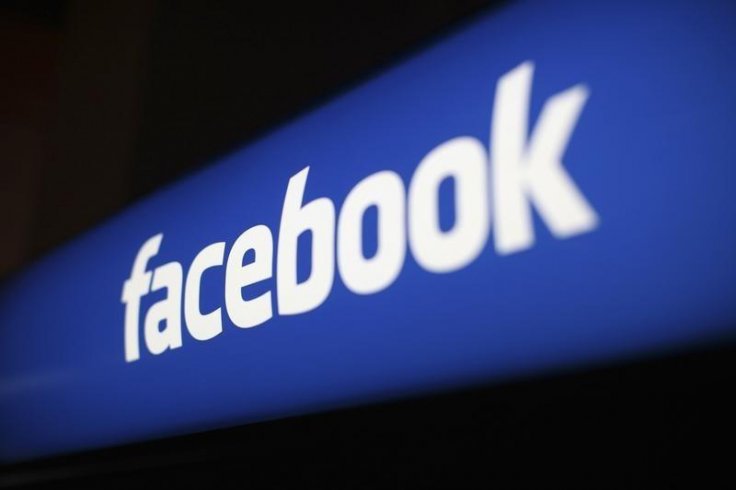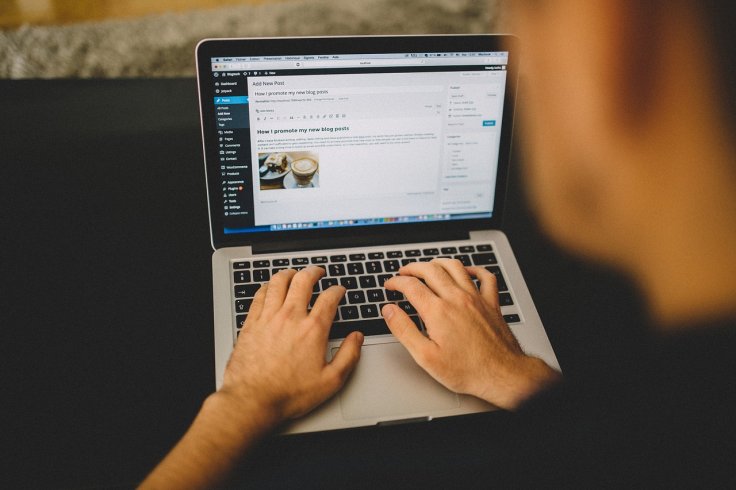Facebook has removed more than 20 million pieces of content from its platform and Instagram globally for violation of its policies on Covid-related misinformation, the social media giant said.
Since the start of the pandemic last year till June this year, Facebook removed over 3,000 accounts, pages, and groups for repeatedly violating the rules against spreading Covid-19 and vaccine misinformation, the company said in a statement on Wednesday.
'Ads Try to Exploit the Pandemic for Financial Gain'
"Covid-19 is still a major public health issue, and we are committed to helping people get authoritative information, including vaccine information. We continue to remove harmful Covid-19 misinformation and prohibit ads that try to exploit the pandemic for financial gain," Guy Rosen, VP of Integrity, Facebook, said in a post.

The social networking platform has also displayed warnings on more than 190 million pieces of Covid-related content on Facebook that were rated as false, partly false, altered or missing context.
To spot fake content, Facebook has collaborated with 80 fact-checking organisations in more than 60 languages around the world.
Helped Improve Vaccine Acceptance
On the other hand, Facebook has helped improve vaccine acceptance through profile frames, stickers and vaccine finder tools. Since the beginning of the pandemic, more than 18 million people globally have used Facebook profile frames supporting vaccines, while Instagram Covid vaccine stickers have been used by more than 7.6 million people worldwide.
"We've provided authoritative information to help improve vaccine acceptance, connecting 2 billion people to resources from health experts through our Covid-19 information centre and educational pop-ups on Facebook and Instagram," Rosen said.

"We know from public health research that people are more likely to get vaccinated if they see others in their community doing so. In countries where vaccines are available to most people, we ramped up our efforts to show when friends and neighbours share their support for vaccines through profile frames and stickers," Rosen added.
In the US, Facebook helped 4 million people access vaccines through its vaccine finder tool and played a role in cutting down vaccine hesitancy by 50 per cent, the social media giant claimed.








